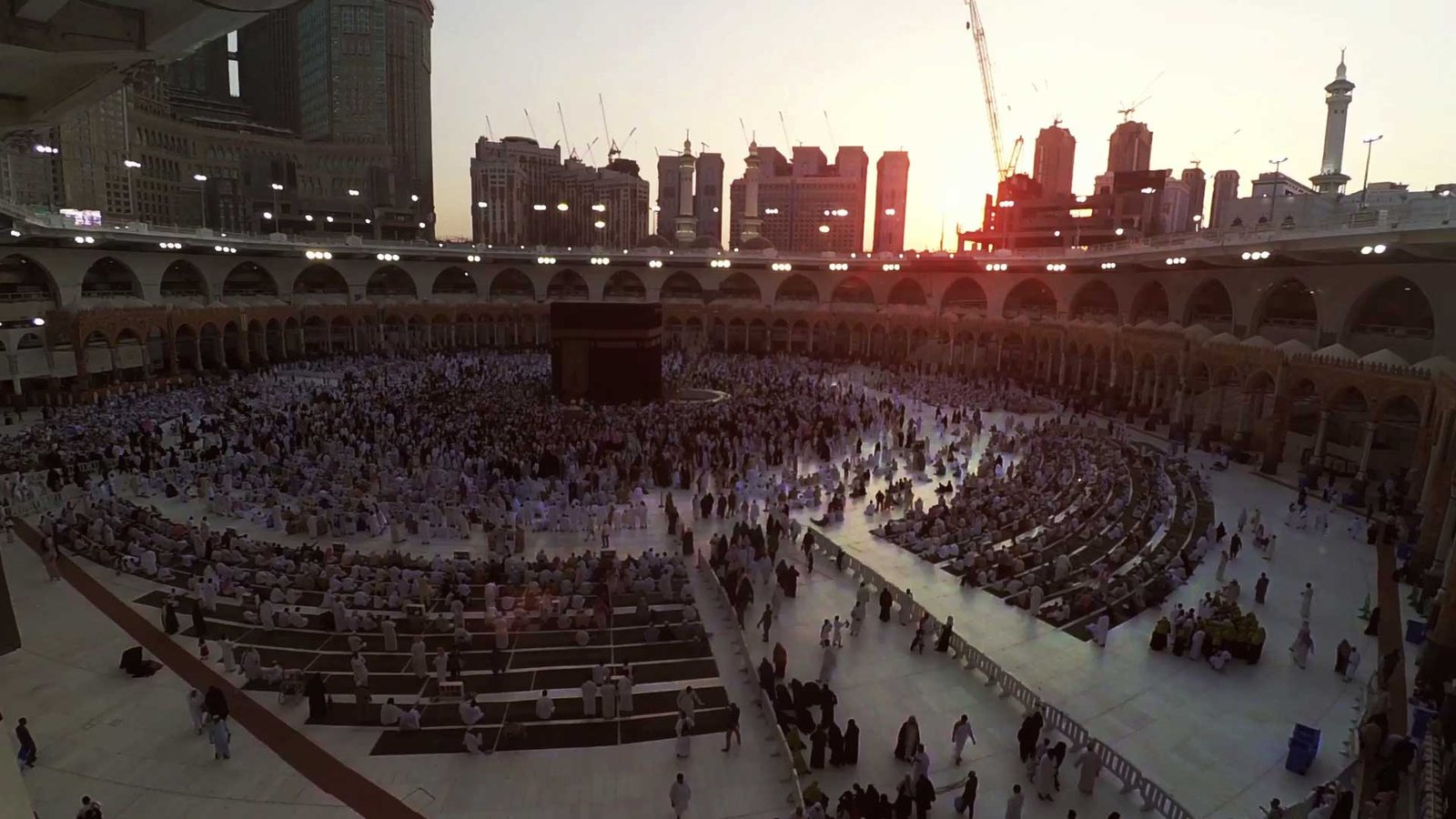Hajj and Umrah are two of the most significant spiritual journeys for Muslims worldwide, offering opportunities for deep reflection, prayer, and connection with Allah. These pilgrimages hold immense importance in Islam, with Hajj being one of the Five Pillars of Islam and Umrah being a non-mandatory, yet highly recommended pilgrimage. Both rituals take place in Mecca, Saudi Arabia, where millions of Muslims gather to fulfill these sacred rites. But what are the differences between the two, and what do they mean for those who embark on them? This article explores the meaning, significance, and experiences associated with Hajj and Umrah.
The Essence of Hajj: A Pillar of Islam
Hajj is the fifth and final pillar of Islam, making it a fundamental act of worship for every Muslim who meets the required conditions. It is obligatory for Muslims to perform Hajj once in their lifetime, provided they are physically and financially able to do so. The pilgrimage takes place annually during the Islamic month of Dhu al-Hijjah, with the primary rituals being performed over five days. These include acts of devotion such as the Tawaf (circumambulating the Kaaba), Sa’i (walking between the hills of Safa and Marwah), standing at Arafat (the Day of Arafah), and sacrificing an animal in remembrance of the Prophet Ibrahim’s (Abraham) willingness to sacrifice his son Isma’il (Ishmael) in obedience to Allah.
The spiritual and physical journey of Hajj is designed to remind Muslims of their humble origins and their dependence on Allah. Through performing Hajj, pilgrims renew their faith, seek forgiveness for past sins, and reaffirm their commitment to the teachings of Islam. The acts of Hajj serve as a powerful reminder of unity, as Muslims from all around the world, irrespective of race, ethnicity, or social status, gather together to stand before Allah in a shared act of worship.
The Spiritual Significance of Umrah
While Hajj is obligatory, Umrah is considered a voluntary but highly recommended pilgrimage. Unlike Hajj, which must be performed at a specific time each year, Umrah can be undertaken at any time, except during the days of Hajj itself. Despite not being obligatory, performing Umrah brings significant spiritual rewards. It is often referred to as the “minor pilgrimage” because it involves similar rituals to Hajj, but on a smaller scale and with fewer days required.
The rites of Umrah consist of three primary acts: the Ihram (a state of spiritual purity), the Tawaf (circumambulation of the Kaaba), and the Sa’i (walking between the hills of Safa and Marwah). Pilgrims also perform the Tahallul (shaving the head or cutting the hair) to signify their state of purity after completing the rites.
Although Umrah does not have the same magnitude or strict timeframe as Hajj, its benefits are immense. The Prophet Muhammad (PBUH) is reported to have said, “The reward of an accepted Umrah is nothing but Paradise.” Thus, for many Muslims, Umrah serves as a means of gaining spiritual closeness to Allah, seeking forgiveness, and experiencing the sacredness of the holy sites in Mecca.
Key Differences Between Hajj and Umrah
While both Hajj and Umrah share some rituals, such as Tawaf and Sa’i, they differ in several important ways:
- Obligation vs. Voluntary: Hajj is a mandatory pilgrimage, while Umrah is voluntary. Hajj must be performed once in a lifetime for Muslims who meet the conditions, whereas Umrah can be performed multiple times.
- Timing: Hajj occurs during specific days in the Islamic month of Dhu al-Hijjah, whereas Umrah can be performed throughout the year, except for the days of Hajj.
- Duration: Hajj lasts for five days, while Umrah can be completed in a few hours or within a day, depending on the pilgrim’s pace.
- Rituals: Hajj involves additional rituals that are not part of Umrah, such as the standing at Arafat, the symbolic stoning of the devil at Mina, and the sacrifice of an animal.
- Spiritual Benefits: Both Hajj and Umrah provide immense spiritual benefits, but Hajj holds a more significant status as one of the Five Pillars of Islam, while Umrah offers a voluntary opportunity to gain spiritual rewards.
Preparing for the Pilgrimage
Before embarking on either pilgrimage, it is essential to prepare spiritually, physically, and financially. Pilgrims must learn about the rituals of Hajj and Umrah to ensure they perform them correctly. Many organizations offer educational programs to guide pilgrims through the necessary steps and provide assistance with travel arrangements.
Financially, both Hajj and Umrah can be costly, with expenses covering travel, accommodation, and the various services associated with the pilgrimage. Ensuring that one has enough resources is a critical aspect of preparation.
Physically, pilgrims should be in good health to endure the physical demands of the journey. The rites involve walking long distances, standing for extended periods, and enduring the hot desert climate. It is important to maintain a healthy lifestyle leading up to the pilgrimage to avoid any health complications.
The Lasting Impact of Hajj and Umrah
The impact of Hajj and Umrah extends far beyond the journey itself. These pilgrimages have the power to transform lives, renewing faith, strengthening community bonds, and inspiring a deeper connection with Allah. For many Muslims, completing these pilgrimages is a life-changing experience that serves as a reminder of the impermanence of life and the importance of focusing on the hereafter.
In conclusion, both Hajj and Umrah are powerful expressions of devotion and submission to Allah. Whether fulfilling the mandatory obligation of Hajj or embarking on the voluntary journey of Umrah, pilgrims experience spiritual renewal, forgiveness, and closeness to their Creator. The sacred journey to Mecca is a transformative experience that remains etched in the hearts of Muslims long after they return home.



